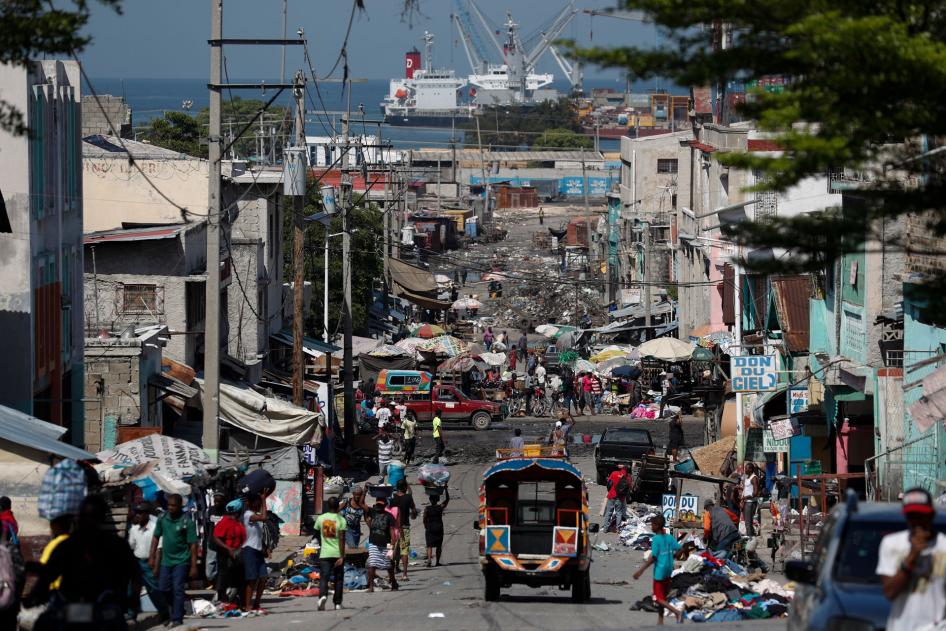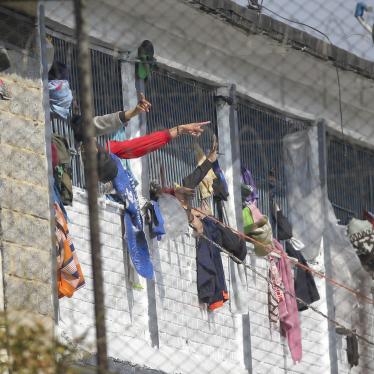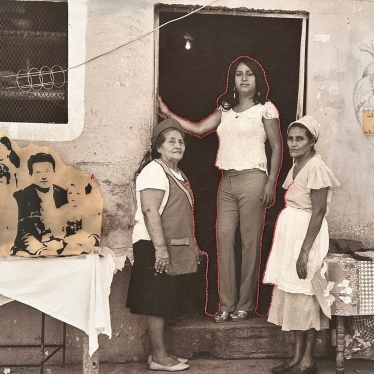Last week Haiti’s minister of justice and public security announced that government forces would conduct a raid to curb gang violence in Village de Dieu, a low-income neighborhood in Port-au-Prince. He gave “good people” 72 hours to leave, saying that the government was “not responsible” for what happened afterward. These are extremely worrying statements in a country where past raids in slums have led to egregious abuses, including killings and rape.
A day after the April 24 announcement, Jimmy Cherizier – a former police officer implicated in human rights violations who was fired in December 2018 – said he and 19 police officers would “clean up” Village de Dieu. Cherizier now describes himself as a community leader who protects his neighborhood from rival gangs, but local human rights groups have accused him of leading the Delmas 6 gang.
The National Network for the Defense of Human Rights and the United Nations Integrated Office in Haiti have reported that Cherizier is implicated in two massacres in Port-au-Prince, at least one while he was a police officer.
In the first, at least 71 people were killed in La Saline neighborhood between November 13 and 17, 2018. The Inter-American Commission on Human Rights reported that charges were brought against 98 people implicated in the killings and other abuses, including 2 senior state officials. According to the UN Mission for Justice Support in Haiti, during confrontations between rival gangs in La Saline, 11 women and girls were raped and up to 150 houses looted. The mission reported that criminal gangs competing for control were apparently responsible for the abuses but operated with complicity of state actors, including Cherizier.
Between November 4 and 6, 2019, Cherizier and other members of the Delmas 6 gang allegedly led an attack against local residents in the Bel-Air neighborhood who refused to remove barricades that people raised to protest a government announcement to end a fuel subsidy. At least 3 people were killed, 6 wounded, and about 30 houses and 11 cars burned. Three active members of Haiti’s National Police and others off duty those days allegedly participated in the attacks with the gangs, according to the UN mission.
The raid did not take place on April 27, as originally announced by Haitian authorities, but they have not confirmed that they will not move ahead with the “cleaning” operation. Haiti’s government has an obligation to address alarming insecurity in the country. But authorities have overriding obligations to respect basic rights in public security operations and bring to justice those implicated in past abuses. Particularly in the context of the Covid-19 pandemic, the government should avoid relocating residents unless absolutely necessary for their security, and should ensure that any residents they do relocate, in particular women, children, and the elderly, have the support they need to access housing, health, and food services in the midst of the Covid-19 pandemic.










